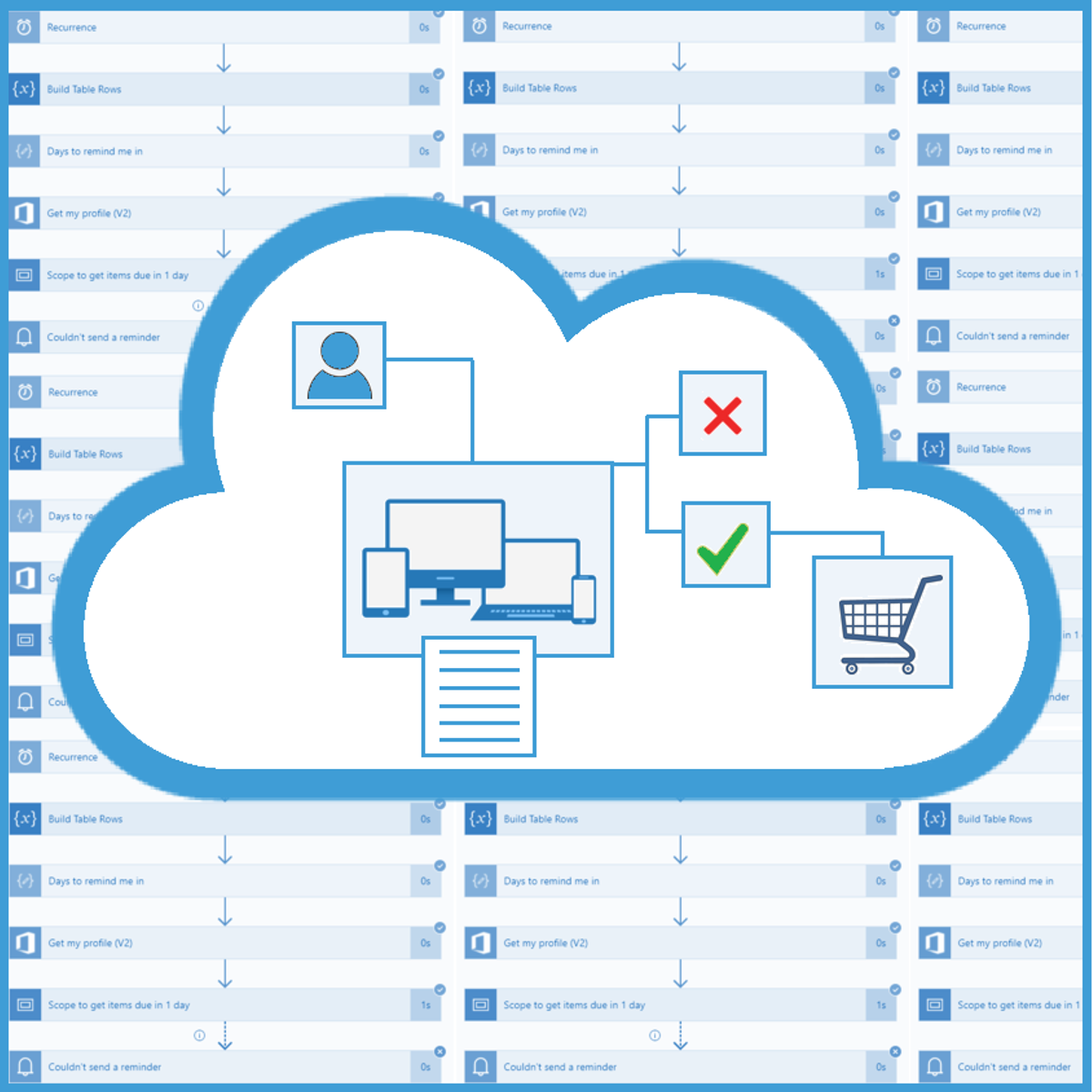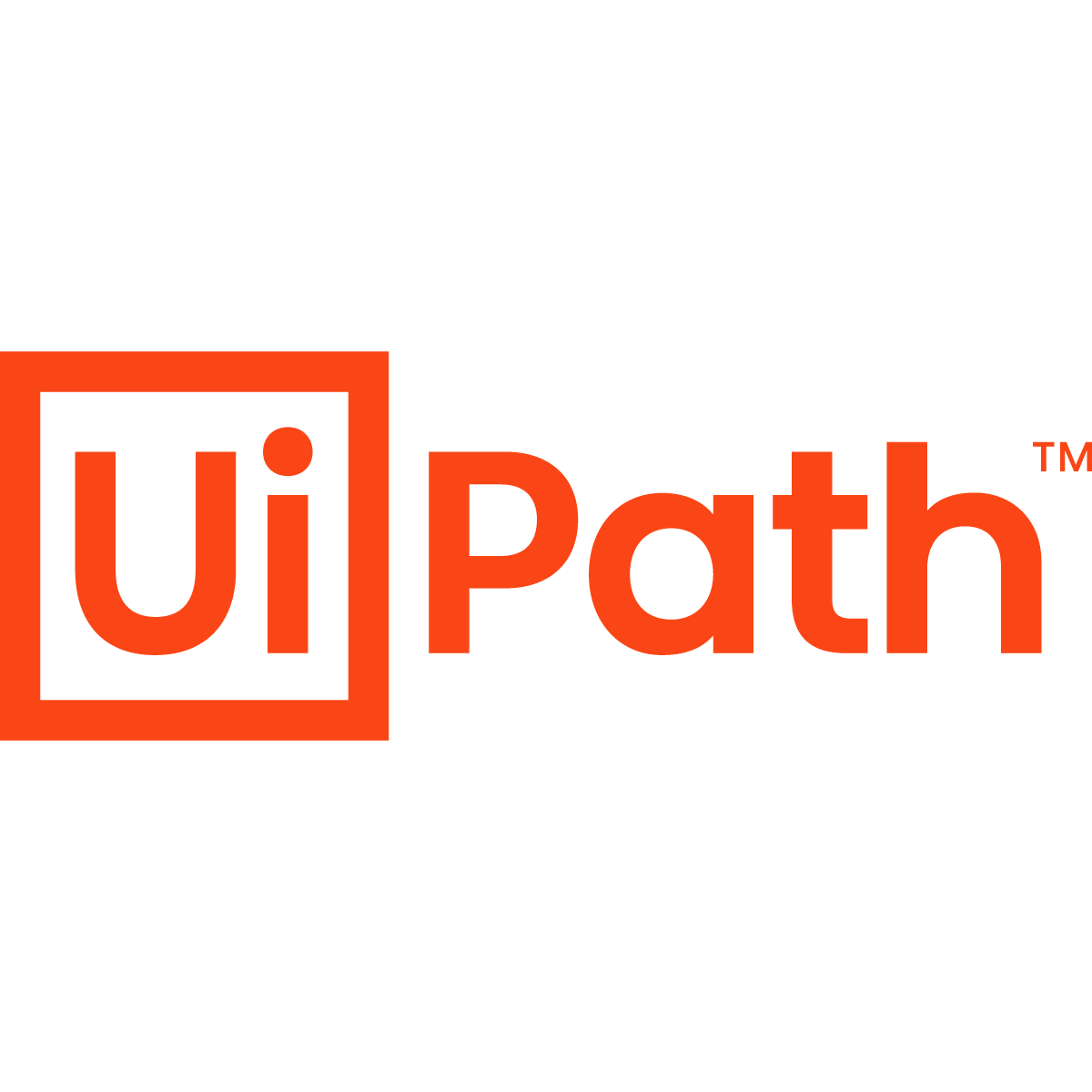Back to Courses









Business Essentials Courses - Page 4
Showing results 31-40 of 645

Automate Equipment Ordering Prep Process with Power Automate
In large companies there are usually many requests for new equipment on a monthly basis, and it takes a lot of steps before an employee gets the wanted piece of equipment. This project can help you turn the boring, repetitive business process into a quick solution with just a few clicks.
In this 1-hour long guided project, you will learn to create a SharePoint list and set up Power Automate flows for the following process: when an employee of your imaginary company wants a new piece of equipment, they will create a request in SharePoint and if it exceeds a certain amount of money, the general manager must approve it. At the end of the month, all requests are collected into an HTML table and sent via email to the department in charge of ordering the equipment, and the person who made the request receives an email that their request has been approved and the equipment will be ordered.
Since this project uses SharePoint (an Office 365 service) and Power Automate (part of the Microsoft Power Platform), you will need access to a Microsoft account and a Microsoft 365 Developer Program subscription. In the video at the beginning of the project you will be given instructions on how to sign up for both.
Let’s get started with automating manual, time-consuming business processes!

GST - when, where, who and how much?
In this course, you will build upon your knowledge on the concept of ‘supply’ covered in the first course.
Once a transaction is identified as ‘supply’, it is important to determine when, where and on whom GST will apply. Equally important is the computation of the value on which the GST is to be applied.
This course provides a platform for learners planning to launch their careers in tax or sharpen their skills with the technical understanding of GST law in India. This program is industry agnostic and is relevant for anyone looking to acquire basic knowledge of GST. It will provide you with the skills required for entry level jobs in the fields of finance, tax, or law.
By the end of this course, you will:
- Be able to identify where the supply should be taxed
- Know when GST needs to be paid
- Understand how much GST needs to be paid
- Understand who needs to pay the GST.
Project Initiation and Planning
In today’s competitive environment learning to effectively manage projects is a critical skill. This course will focus on initiating and planning projects. The course will cover the more traditional linear process, like waterfall approach, as well as the dynamic and iterative approach of agile and hybrid models, so the learners can decide when one approach is more suitable for any of their projects to maximize the chances of a successful outcome!

Project Management: Control using the Earned Value and Risk
Project Management is a fundamental theme to understand and work in any business environments. Once projects are properly planned, the job of a Project Manager is just started. Indeed, PMs need to properly control, re plan, and manage risks during the execution of the project. During the course, the Earned Value Management System – the standard and most diffused technique to properly manage time and cost in a project – is presented. In doing so, the concepts of BCWS (the time-phased budget), the BCWP (the earned value) and ACWP (the actual costs of what has been performed) are introduced along with the main indicators that help managers in taking decision on how to replan the projects according to the estimation at completion. Finally, the main approaches to identify and manage risks are introduced along with the closing phase.

FinTech: Foundations, Payments, and Regulations
In this course, you’ll learn the key components of modern-day investment strategies which utilize fintech. Professors Natasha Sarin and Chris Geczy of the Wharton School have designed this course to help you understand the complex structure of payment methods and financial regulations, so you can determine how fintech plays a role in the future of investing. Through analysis of robo-advising and changing demographic forces, you’ll learn how basic elements of trust underlie complex choice architecture in investments and impact investing. You’ll also explore payment methodologies and how fintech is emerging as an entrepreneurial solution to both investments and payment systems. By the end of this course, you’ll be able to identify different financial technologies, and understand the dynamic between the innovations and regulations, and employ best practices in developing a fintech strategy for yourself or your business. No prerequisites are required for this course, although a basic understanding of credit cards and other payment methods is helpful.
Corporate & Commercial Law I: Contracts & Employment Law
This class deals with the business law topics that appear on the CPA exam: Agency, Contracts, Debtor-Creditor Relationships, Government Regulation of Business, and Business Organizations. Students will gain an understanding of how these areas of the law affect businesses and their operations, with an eye on preparation for the business law portions of the REG section of the CPA exam. By the end of the class, students will be able to identify the legal principles that govern various business situations and apply those principles to an issue to determine the outcome when the law is applied to the facts of a scenario.
Project Execution and Control
The focus of this course is on the process of managing projects. After planning is done, we need to know how to successfully execute the plan and deliver within the allocated timeframe and cost. This course will focus on how execution and progress evaluation is performed in a waterfall approach, as well as the agile approach to project management. The goal is to learn the tools and techniques offered by both of these approaches and empower the project managers to utilize what works for a given project.
Inferential and Predictive Statistics for Business
This course provides an analytical framework to help you evaluate key problems in a structured fashion and will equip you with tools to better manage the uncertainties that pervade and complicate business processes. To this end, the course aims to cover statistical ideas that apply to managers by discussing two basic themes: first, is recognizing and describing variations present in everything around us, and then modeling and making decisions in the presence of these variations. The fundamental concepts studied in this course will reappear in many other classes and business settings. Our focus will be on interpreting the meaning of the results in a business and managerial setting.
While you will be introduced to some of the science of what is being taught, the focus will be on applying the methodologies. This will be accomplished through use of Excel and using data sets from many different disciplines, allowing you to see the use of statistics in very diverse settings. The course will focus not only on explaining these concepts but also understanding the meaning of the results obtained.
You will be able to:
• Test for beliefs about a population
• Compare differences between populations
• Use linear regression model for prediction
• Use Excel for statistical analysis
This course is part of Gies College of Business’ suite of online programs, including the iMBA and iMSM. Learn more about admission into these programs and explore how your Coursera work can be leveraged if accepted into a degree program at https://degrees.giesbusiness.illinois.edu/idegrees/.

UiPath Orchestrator and Capstone Projects
UiPath Orchestrator and Capstone Projects course will provide knowledge about Orchestrator and its capabilities. Further, the learning extends through understanding the Orchestrator user Interface, Contexts of Orchestrator and Assets and Queues in Orchestrator.
The Capstone Projects will help you integrate and apply the knowledge gained from completing the RPA specialization. While working on the projects, you will apply critical thinking to solve challenging automation problems and develop skills to build robust automation.

Remote Employee Onboarding with Eduflow
In this project, you will create an employee onboarding course with Eduflow. In today’s world, more people than ever are working remotely. It is extremely important to be able to provide a smooth and effective onboarding process for new hires, even if you are unable to do so in person. Onboarding programs are an essential part of establishing and maintaining a company brand. Not only should they introduce the new employee to the company and team, onboarding programs should also train each employee on their job expectations and company policies and procedures.
In this project, we will streamline the onboarding process to ensure each employee receives the same message and general training. At the same time, we are going to customize the onboarding process so that it also hones in on the individual training needs of each new hire’s position. Eduflow is a free, easy-to-use course builder that will allow us to both streamline and personalize the onboarding experience for each and every new hire.
Note: This course works best for learners who are based in the North America region. We’re currently working on providing the same experience in other regions.
Popular Internships and Jobs by Categories
Find Jobs & Internships
Browse
© 2024 BoostGrad | All rights reserved